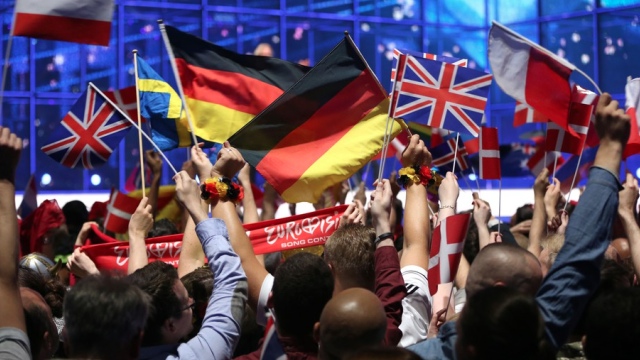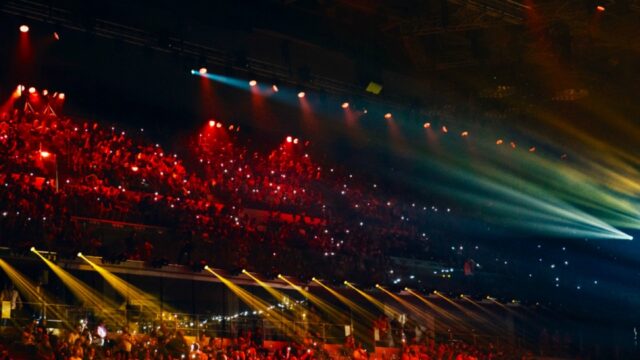With the simple line of text that reads’Basel, May 17′, the Eurovision Song Contest can start a new chapter, but the impact of the last year cannot be forgotten.
The announcement of the dates and the host city for the Eurovision Song Contest 2025—right next to the weakly totemic date of September 1—is a chance to renew the Contest and demonstrate what lessons have been learned after Malmo 2024.
As the new season begins, there are countless questions and issues to address following the EBU’s commissioning of an independent report into incidents during Malmö’s hosting. It feels like a Sisyphean task to even begin to address the many concerns raised over the last twelve months, but we must start somewhere. Do the broadcasters have the support they need, will artists feel comfortable entering the contest, and can the community offer a space for all?
Public Service Broadcasting Has Limits
Last year, the public pressured several national broadcasters to withdraw from the Song Contest. Public Service Broadcasters are, by nature, there to serve the public interest, and the Song Contest has placed them in a difficult situation. They cannot take actions that are seen as political.
It is surely the role of the broadcasters’ union, the European Broadcasting Union, to mitigate the politics that are clearly on show at the Song Contest in a way that protects its members’ needs. Several broadcasters have raised questions publicly (no doubt more have done so privately). It’s unlikely these discussions will be publicly revealed, leaving the entry list as one of the few indicators of the broadcasters’ confidence in the Contest.
As I write this, 24 broadcasters have confirmed their entry.

The Flags Of All Nations (EBU/eurovision.tv)
Who Would Step Onto The Stage?
The Eurovision Song Contest is one of the largest musical stages in the world, and remains one of the few broadcast events to showcase music. Those three minutes on a Saturday night are attractive in isolation, but the machine of the Song Contest is punishing. It is a long journey from submitting a song through a broadcaster’s website to the stepping out on stage at the Grand Final, and they rightly expect the Contest to exhibit a duty of care mentally and physically throughout that journey.
The Contest is a unique environment that no performer has experienced before. Even those returning to the Contest will find the demands on their creative time to be higher. Without artists who are willing to embrace the show, the show cannot go on. And they will only embrace an experience that embraces them back.
The Dark Side Of The Community
The internet is tribal, and when discussing a competition that evokes strong feelings such as artistic judgement and national identity, the internet can rapidly become toxic. The Eurovision Song Contest community is heated and divisive, with entrenched views fighting hot takes and few compromises on show.
Yet, there is an expectation for artists, broadcasters, and organisers to engage online fully. The Song Contest needs online communities that offer a safe environment for that engagement.

Eurovision 2022 Audience (EBU / Sarah Louise Bennett)
The Personal Connection
The relationship we all have with the Contest can be intensely personal. It may be one of the large cultural events in the world, but it is also a one-to-one experience. Last year saw many of those relationships break.
Can the Contest offer that experience again to those who lost their Eurovision last year, and can it offer reassurances that it won’t turn around and do the same thing this year?
What Now?
The Eurovision Song Contest found a confidence and a purpose at the Liverpool 2023 Contest. If it is to find that again after a year that will be remembered for all the wrong reasons, then the whole Eurovision family needs to have confidence in everyone.
Through its actions and decisions, the first few months of the new Eurovision season must demonstrate it has learned from and changed following Malmö 2024.









